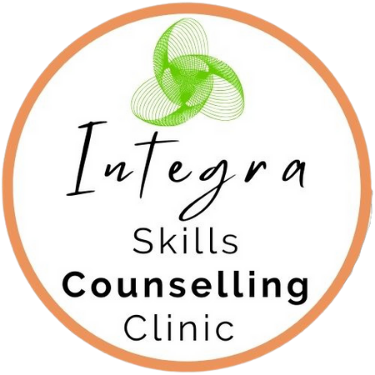For parents, looking after our kids’ mental health is just as crucial as their physical well-being. But sometimes, there’s a hush around talking about mental health issues, especially for children and teens. Maybe we hope “it” will just go away, or maybe we struggle with our own insecurities as parents, thinking we should be able to handle this as a family.
Why Mental Health Matters for Kids
Just like their bodies, children’s minds are growing and changing too. Taking care of their mental health from an early age helps them build resilience and cope better with life’s ups and downs. According to experts at the Center for Addictions and Mental Health in Toronto, many mental health problems start during childhood or adolescence. This risk can be avoided by addressing any concerns early on.
Breaking the Silence
Talking about mental health can be tough because of the way people sometimes react. There’s this idea that asking for help means something is wrong with you, but that’s not true. We need to break through this silence and make it okay to talk about mental health, especially when it comes to our kids.
Signs to Look For
1. Persistent Mood Changes
- Discuss sudden or extreme changes in mood, such as prolonged sadness, anger, or irritability.
- Mood changes and emotional outbursts or rude language can interfere with daily functioning and can erode relationships at a time when those core relationships are crucial to the child’s well-being.
2. Changes in Behaviour
- Noticeable changes in behaviour, such as withdrawing from friends and family, changes in eating or sleeping patterns, or engaging in risky behaviours.
3. Academic or Performance Issues
- Declining academic performance or a sudden lack of interest in activities they once enjoyed.
- These changes and more could be indicators of underlying mental health issues.
4. Physical Symptoms
- Physical symptoms like frequent headaches or stomach aches that have no apparent medical cause, which can sometimes be linked to stress/mental health issues.
5. Difficulty Coping with Stress
- Children and youth may struggle to cope with stressors, such as family changes, academic pressure, or social issues.
- A professional can help find healthy coping mechanisms for the youth.
Communication and Observation Tips for Parents
- How do I start talking to my child? It helps to create a supportive and non-judgmental environment for your child to express themselves.
- Often an outbreak or an argument precedes the conversation that a parent realizes is necessary. Start by normalizing, saying that families do get stressed at times and you are not angry at them for what happened, but you would like to better understand. Be prepared to have several brief conversations to (re)build trust. Gently ask what they struggle most with and what they want, and do not immediately dismiss their requests. Listen. It is normal for teenagers to want more freedom, and it is your job as a parent to help them learn how to negotiate. The trick is to identify options that work for all in the family.
- Most importantly, keep the lines of communication open and keep letting them know that you love them in as many ways as possible. Don’t wait to show your love until “they behave again”. Their behaviour is an indication of something you are not sure about yet.
- Watch for any changes in behaviour or mood.
When to Seek Professional Help
- Seeking professional help for your child does not mean that you have failed as a parent! Quite the contrary – as a good parent you are recognizing when your child is struggling beyond where you can help, and by seeking professional support you’re prioritizing your child’s well-being.
- You may be at the end of your “rope” and may want guidance as to how to proceed. Some situations are difficult, and you are wise to not let them get out of control but seek support for the child/youth and the family.
- Read our previous blog here, on finding a suitable mental health counsellor or therapist for your child or youth.
- Don’t procrastinate once you see negative patterns developing. Err on the side of caution – early intervention is important and often helps reduce conflict in the home, which only adds to the child’s stress level. If you’re unsure whether your child needs support, seek professional help.
Conclusion
Children’s well-being and resilience depend on their mental health. Recognizing signs like mood changes, behaviour shifts, academic struggles, or physical symptoms helps you support your child. Prioritize their mental health, trust your instincts, and seek help if needed. Reaching out is a proactive step, not a weakness. As caregivers, we play a vital role in nurturing our children’s mental well-being by fostering open, compassionate family environments, building trust, and helping them face life’s challenges confidently.
Additional Resources
https://www.ontario.ca/page/mental-health-services-children-and-youth
https://cmho.org/findhelp/ Walk-in Clinic Burlington
24/hr ROCK Crisis Line at 905-878-9785 Children/Youth
https://nhh.ca/walk-in-counselling Free Walk in Clinic for Children and Youth

